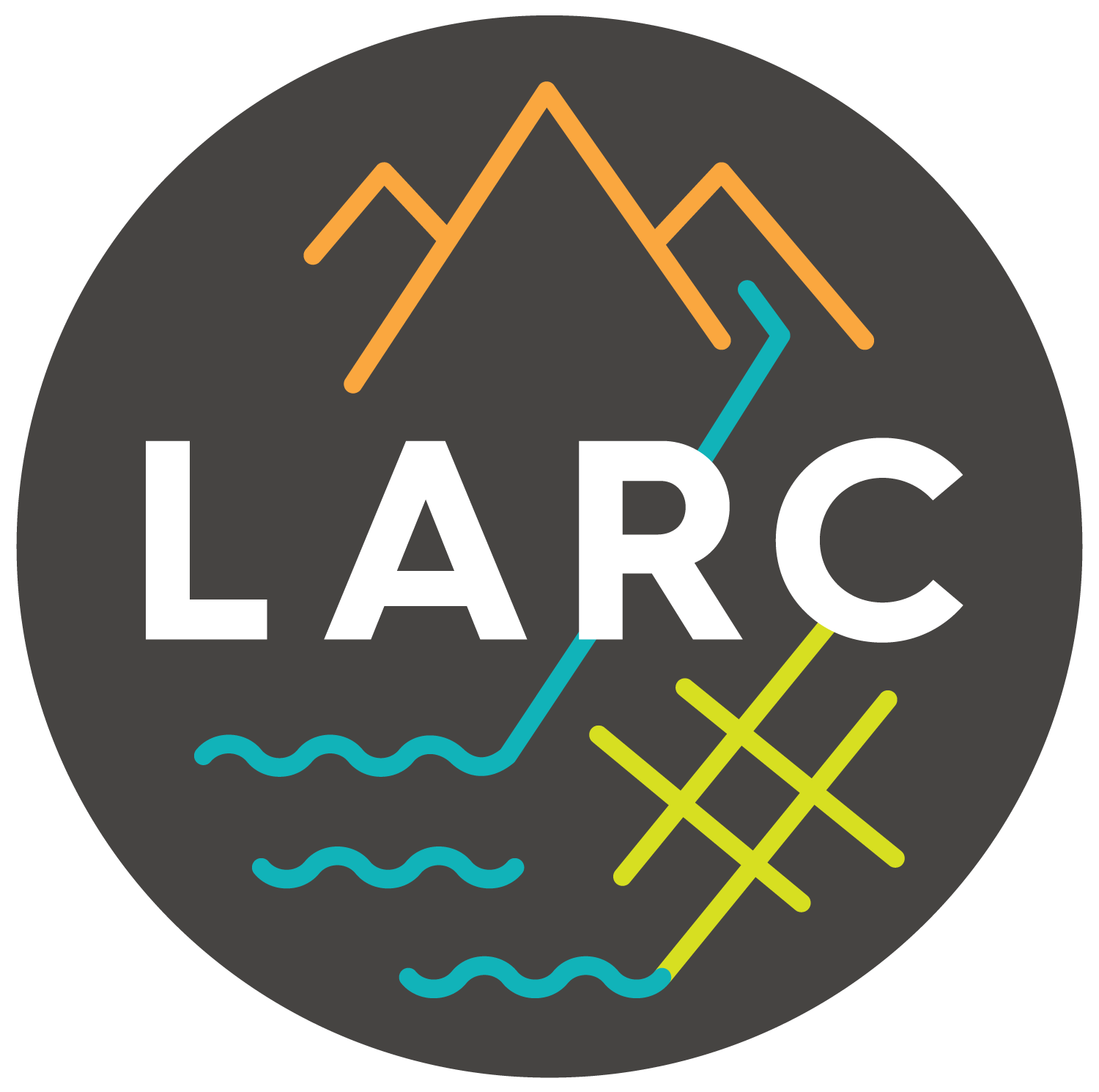The Social Structure of Climate Change Research and Practitioner Engagement Evidence from California
/Researchers from University of California Davis, California Department of Water Resources, RAND Corporation (a LARC member), and the California Strategic Growth Council have published a new paper on the interactions between researchers and practitioners can lead to the increased use of climate science in decisionmaking. This study thus examines the perspectives and experiences of researchers regarding practitioner engagement, drawing from an original survey of California's climate research community (N= 991) and supplemental interviews. Given a history of support for climate research and climate change adaptation, analysis of the California case is useful as a means of characterizing the relationship between climate research and practitioner engagement.
Highlights from findings
Most climate change researchers in California want to increase their engagement with practitioners, and the more researchers focus on climate change, the more they want to engage practitioners.
The frequency of engagement with practitioners varies significantly across academic fields.
The most highly engaged disciplines are also the most peripheral disciplines in climate science.
Building capacity within research organizations and integrating stakeholder engagement in funding criteria and professional development can help foster relationship-building between scientists and decision-makers.
Analysis suggests that the social structure of climate research warrants further examination of the ways that climate researchers relate to practitioners at present.
Access further information on this document at Global Environmental Change
